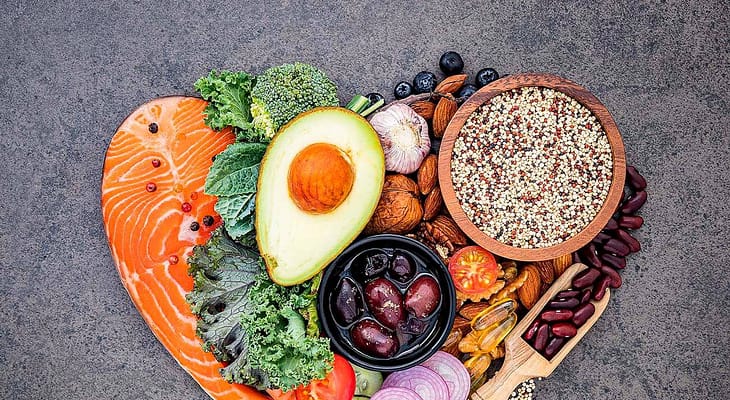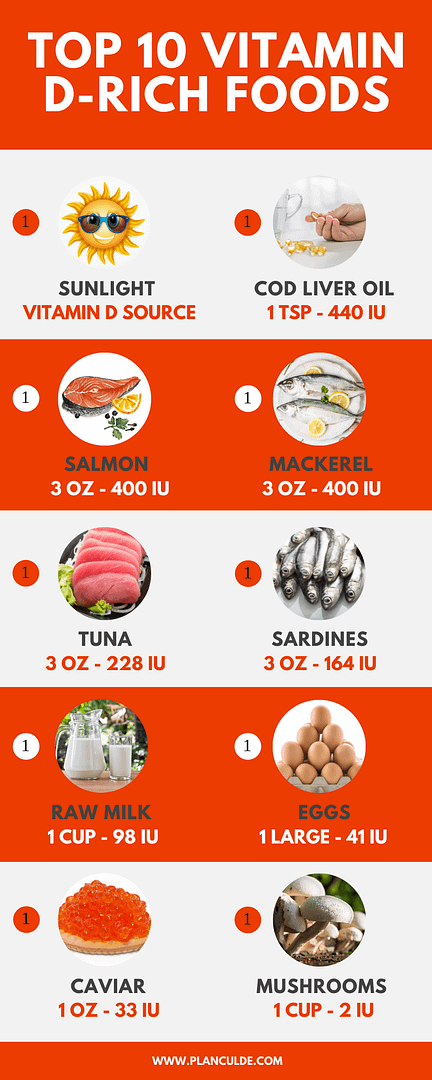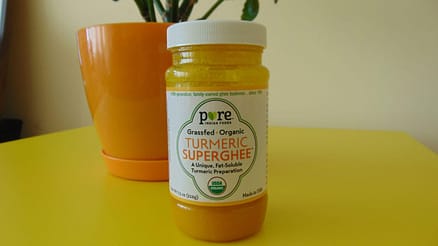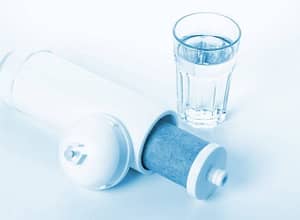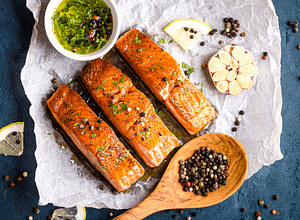Vitamin D is one of several fat-soluble vitamins. It is unique from other vitamins since the body can make its vitamin D from sunlight exposure. Vitamin D has additional roles in the human body besides being a nutrient. There are a few vitamin D foods that are very high in the vitamin.
It is a prohormone and regulates hormones and the immune system. Unless the food is fortified with vitamin D, it is typically a poor source of the vitamin. Vitamin D is also essential for the bones because it helps with calcium absorption.
Deficiencies in vitamin D can cause problems with the skeletal system, mainly the softening of bones (osteomalacia) or abnormalities in bone development (rickets). Symptoms of vitamin D deficiency can be subtle or vague and may go unnoticed without blood work specifically to check levels.
The Symptoms of Vitamin D Deficiency May Include:
- Decreased immune system function (increased vulnerability to pathogens);
- Seasonal depression (seasonal affective disorder);
- Autoimmune diseases;
- Cancer;
- Low-grade decreases in bone density (osteopenia);
- Dermatologic conditions (psoriasis or eczema);
- Dementia.

Those most vulnerable to vitamin D deficiencies are people who live in regions with less sunlight exposure (northern areas), people with deeper skin tones, individuals who eat low-fat diets, and people who take weight loss medications or steroids (corticosteroids).
Vitamin D aids in cell replication and may have a role in the development of autoimmune diseases. The Recommended Daily Allowance (RDA) for vitamin D is 600 international units (IU) daily. The Daily Value (DV) is 400 IU/day.
Top 10 Vitamin D Foods Rich Sources with Their RDAs and DVs
- Sunlight – Vitamin D is synthesized from cholesterol in the skin.
- Cod liver oil (1 tsp) – 440 IU (over 100% DV)
- Salmon (3 oz) – 400 IU (100% DV)
- Mackerel (3oz) – 400 IU (100% DV)
- Tuna (3 oz) – 228 IU (57% DV)
- Sardines (3 oz) – 164 IU (41% DV)
- Raw milk (1 cup)- 98 IU (24% DV)
- Eggs (1 large)- 41 IU (10% DV)
- Caviar (1 oz)- 33 IU (8% DV)
- Mushrooms (1 cup)- 2 IU (1% DV)
In addition to acquiring vitamin D from sunlight, eat two sources of vitamin D rich foods each day.
Major Health Benefits of Adequate Vitamin D Doses
1) Better Weight Management
Deficiencies in vitamin D are related to obesity and difficulties losing excess weight. According to one study, women with higher levels of vitamin D who ate a calorie-controlled diet lost more weight than women who were vitamin D deficient but ate a diet with comparable calories.
Currently, it is not clear whether vitamin D deficiency contributes to obesity or obesity contributes to the deficiency. The overall message is, if you are struggling to lose weight, you may want to have your vitamin D levels checked.
2) Nervous System Function and Cancer
According to study results, people with lower vitamin D levels tend to perform poorly on standardized tests, have worse decision-making skills, and experience difficulties on tasks that require more attention and focus.
Also, studies have shown that adequate vitamin D levels can reduce the risk of cancer, especially breast and colorectal cancers.
3) Improved Bone and Muscle Health
Consuming foods rich in vitamin D is critical for calcium absorption and improves bone strength and density. Vitamin D may play a role in maintaining healthy muscles.
Older adults who have adequate vitamin D intake tend to be more active, have better muscle strength, and are less likely to experience falls.

